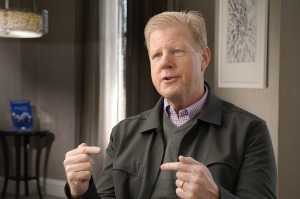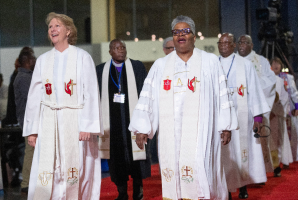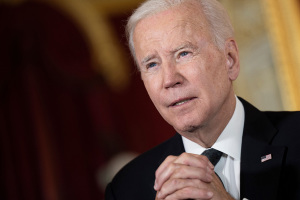13 Critical Issues Killing Christian Schools (Part 1)

Intentions always seem to be good. Excitement is always high. And establishing a steering committee never seems to be a problem. So, why do Christian schools encounter serious problems and so often end catastrophically?
As children in Sunday School, we often sang "The Wise Man Built His House Upon the Rock," a musical form of the parable from Matthew 7:24-27 and Luke 6:46-49.
I am also reminded of Proverbs 16:3 (ESV), "Commit your work to the Lord, and your plans will be established."
While beginning from this vantage point should lead to success, why does progress begin to break down almost immediately?
Issue #1 – "The school board is weak."
It is not uncommon for the "steering committee" to become the "school board." While the steering committee may possess the enthusiasm and ability to work hard, it may not collectively possess the specific gifts needed to launch a "not for profit" corporation successfully. See: here, here and here. Enthusiasm and hard work are necessary, but wisdom and business savvy are paramount to success!
Issue #2 – "No Realistic Plan Exists."
Wait a minute, this is a school, acquire space, hire teachers, and enroll students. It's launched. This seems simple enough, but what are the "goals," "objectives," "key result areas," "initiative," and "actions to be taken?" Caring for these will protect against confusion, early disappointments, and possible failure altogether. A "strategic plan" outlining the first five years will contribute beyond measure.
Issue #3 – "Poorly Prepared Faculty and Support Personnel."
Because planning is poor and capitalization so often "tight," hiring centers around who needs work and how little can we pay them. Certainly a "diamond-in-the-rough" is occasionally discovered or someone who doesn't need the money, but it is unusual. It is, however, common to find people in the classroom who have not completed college and support staff unskilled in what they have been asked to do. It is unfortunate, but the product is too often in direct proportion to compensation. Overall the result is poor and doesn't stimulate the growth of a quality institution.
Some years ago I interviewed a vice president for finance of a Christian college, a venture capitalist from "Wall Street," who stated matter-of-factly, "If you can hire a teacher for $20,000 don't give him a penny more."
I was looking for advice for operating a successful Christian school and I received "drivel."
Issue #4 – "Low Academic Expectations & Questionable Achievement."
Two days ago I ran into a fellow I knew while teaching for six years at a Christian high school. As I served with him on committee he repeatedly regaled against any use of the words, "college preparatory" or "academic rigor."
This school, and others, say, "These students are God's children and we have a responsibility to provide schooling for them."
Yes, but what kind?
Of course what this belief didn't include was a "goal" or measurable "objective" to be accomplished. Essentially there was nothing more than I discovered at government schools which was "social promotion."
To further illustrate this point, I was criticized for my classroom vocabulary, using "$10 words," holding high expectations for the students, and generally being too hard. Actually I suggested that students raise their hand if I used a word they didn't understand and I would provide an immediate definition. It was exciting to discover students using this same vocabulary in their essays as the semester progressed.
Everything to which I have referred so far emerges from my own experience. In fact, I could place an institutional name on not only each issue, but each example I used as well. Tragic as it is these are the facts actually gleaned from experiences with 13 institutions, both schools and colleges. If only this were the end, but it is not.
Check out Part 2 here and Part 3 here.




























